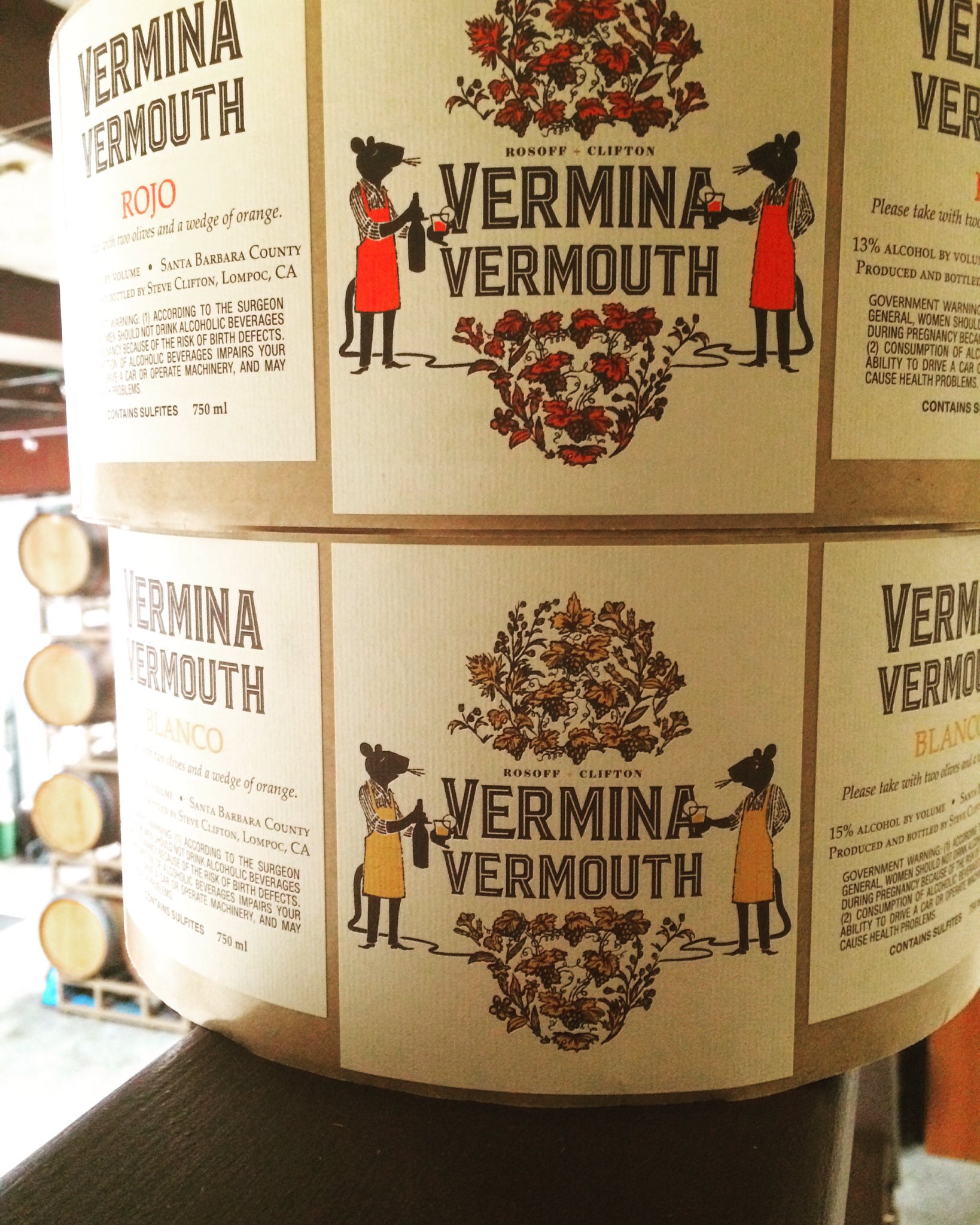The Italian wine region known as Collio is located in the Friuli-Venezia-Giulia region of Italy's northeast corner, between the Giulian Alps and the Adriatic Sea. It offers its winemakers a mild microclimate and soil - called ponca - which is a remnant of a time when the ocean covered the land, consisting of marl and sandstone, with marine fossils abundant. The land gives Collio wines their striking minerality.
Toros Pinot Bianco Collio 2019
Franco Toros is known for his wines which accentuate the minerality of Friuli, and especially Collio. The 100% Pinot Bianco grapes were grown in the hillside vineyards and fermented in steel tanks, where the wine also aged. Alcohol rings in at 14% abv and the wine sells for around $19.
The Toros Pinot Bianco Collia 2019 has a nice golden color in the glass. I get a muted nose with apricot aromas foremost and citrus minerals chasing. The palate shows stone fruit and minerals galore. Acidity is nice and fresh, even zippy. The finish is medium long and carries the minerals back for a revisit.
Borgo Conventi Pinot Grigio Collio 2019The winery Borgo Conventi says its name comes from the legend concerning the commune of Farra d'Isonzo. So the story goes, Count Strassoldo - il Rizzardo to the locals - donated a piece of land to Dominican friars who then built the first monastery in the area.
The Conventi Pinot Grigio Collio 2019 was fermented and aged in steel tanks, enhancing the minerality and freshness. The alcohol number is 13.5% abv and the wine sells for around $20.
The yellow-tinted wine smells floral and tropical, with white flowers, apricot and mango coming through on the nose. There is also a bit of citrus minerality, like a sidewalk after a rain. The palate shows the stone fruit and tropical aspect, with a hefty slice of acidity to go along with it. So fresh and racy is it that one can feel free to pair this Pinot Grigio with seafood rather than restrict it to salads.
Ronco Blanchis Collio Friulano 2019Ronco Blanchis is in the process of converting to organic farming, which they say will be complete sometime in 2021. The operation is headed up by Giancarlo Palla and his sons Lorenzo and Alberto. Winemaker Gianni Menotti was named Italian winemaker of the year in 2006.
The winery refers to vintners as "poets of the land," a land which once belonged to the Greeks, then the Romans, Austria and Spain, a land influenced by its proximity to mountains and sea.
This wine was made of Tocai Friulano grapes, vinified and aged in steel. Alcohol tips 14% abv and it retails for around $15.
This clear yellow wine pours up very slightly frizzante, with a small collection of tiny bubbles clinging to the glass. On the nose there is a sweet apricot aroma mixed with a delicate blend of herbs and minerals. Those minerals drive the palate, which is exquisitely citrus. The acidity comes on strong, then softens through the sip into a gentle tingle. It is an elegant white wine, offering a perfect balance of herbal notes, earthiness and freshness.
Vina Borut Blazič Malvasia Collio 2019Blazič is actually located in Slovenia, right on the border with Italy. Some of the Blazič vineyards are in Slovenia, some are in Italy's Collio region.
Their 100% Malvasia wine was aged for seven months in concrete and another couple of months in the bottle. Alcohol is 14% abv
This wine has a yellow-green tint and a nose that is a bit closed, or maybe subtle is a better word. Very light citrus notes give way to a mix of cantaloupe and honeydew. The palate is anything but subtle. Big toasted almond flavor elbows past Meyer lemon and tangerine to lead the way. The acidity is fantastic - just enough but not too much. The finish wraps up the sip with a beautiful salinity. The more of Collio I taste, the more I love that region.
Conti Formentini Raiante Ribolla Gialla Collio 2019The winery's U.S. importer indicates that the Formentini family has owned the castle on the tallest hill in Friuli since the 16th century. The wine that was made there was reported, even way back then, as being "exquisite." The name Raiante comes from the local word for "a ray of sunshine."
A little more than a third of the Ribolla Gialla grapes that make up the wine are set aside for a month to dry, then added to the fermenting wine. The process is said to give more body to Raiante. Alcohol is restrained at 13% abv and it can probably be found for less than $20.
This wine colors up a medium-pale yellow with green highlights. The nose is earthy and mineral-driven, with mango, guava, apricot and citrus aromas. The palate offers salinity and stone fruit, along with a decent acidity that refreshes. The citrus flavor that plays through the strongest is lime. This is a really great wine for crab cakes or shrimp dishes.
Polje Fantazija Bianco Collio DOC 2019The Polje winery was named after the geological depressions, or sinkholes, formed in limestone which has been eroded over time. It is this limestone element of the soil which lends the incredible minerality to the wine.
Fantazija was made from Ribolla Gialla, Chardonnay and Sauvignon grapes, fermented and aged in stainless steel tanks. Alcohol hits 13.5% abv and the retail price is around $20.
The nose on this wine from Italy's Collio region is explosive enough to make an impression before the glass has been raised. Floral, then herbal, then honeydew melon, then limes, then - of all things - smoke! It's a showstopper. The palate offers a mineral-driven flintiness, with citrus, melon and a fine acidity. Pair it with oysters, shrimp, or a calamari and scungilli salad.
Follow Randy Fuller on Twitter






















